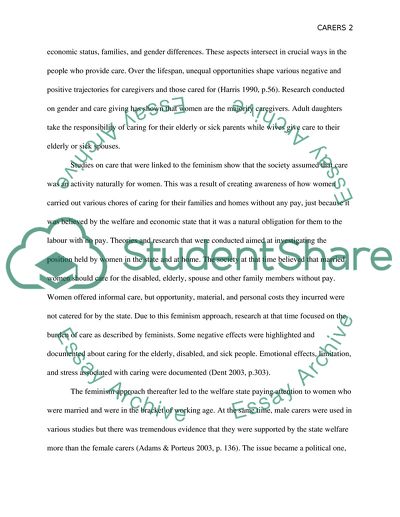Cite this document
(Working with Adult Carers Term Paper Example | Topics and Well Written Essays - 3500 words, n.d.)
Working with Adult Carers Term Paper Example | Topics and Well Written Essays - 3500 words. Retrieved from https://studentshare.org/social-science/1836925-working-with-carers-in-adult-services-this-is-a-social-work-degree
Working with Adult Carers Term Paper Example | Topics and Well Written Essays - 3500 words. Retrieved from https://studentshare.org/social-science/1836925-working-with-carers-in-adult-services-this-is-a-social-work-degree
(Working With Adult Carers Term Paper Example | Topics and Well Written Essays - 3500 Words)
Working With Adult Carers Term Paper Example | Topics and Well Written Essays - 3500 Words. https://studentshare.org/social-science/1836925-working-with-carers-in-adult-services-this-is-a-social-work-degree.
Working With Adult Carers Term Paper Example | Topics and Well Written Essays - 3500 Words. https://studentshare.org/social-science/1836925-working-with-carers-in-adult-services-this-is-a-social-work-degree.
“Working With Adult Carers Term Paper Example | Topics and Well Written Essays - 3500 Words”, n.d. https://studentshare.org/social-science/1836925-working-with-carers-in-adult-services-this-is-a-social-work-degree.


